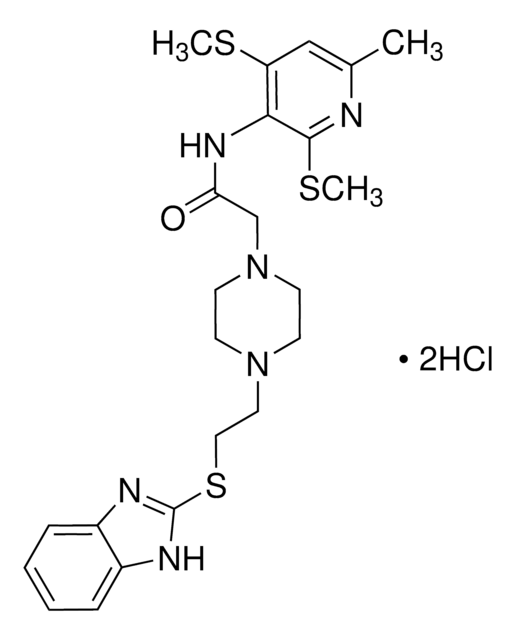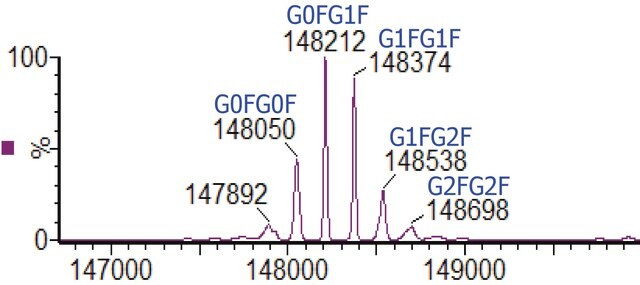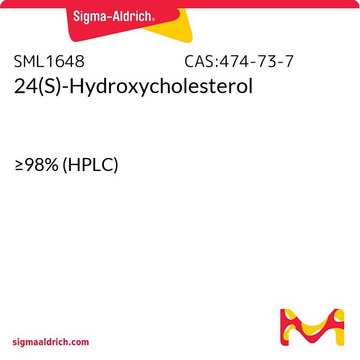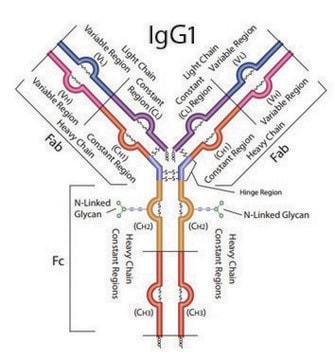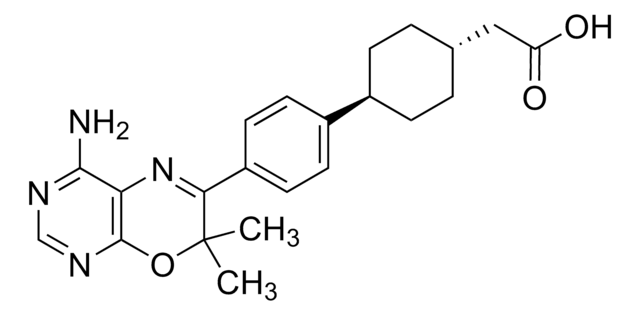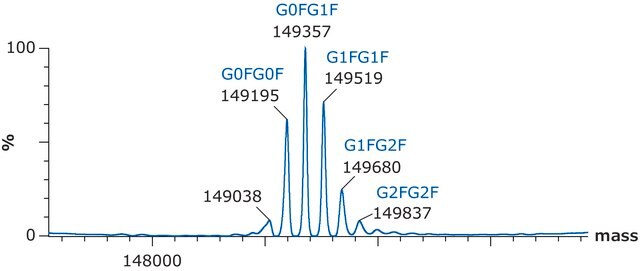PZ0190
Avasimibe
≥98% (HPLC)
Sinónimos:
CI-1011; PD 148515; [[2,4,6-tris(1-methylethyl)phenyl]acetyl]-, 2,6-bis(1-methylethyl)phenyl ester] sulfamic acid
About This Item
Productos recomendados
Quality Level
assay
≥98% (HPLC)
form
powder
color
white to tan
solubility
DMSO: ≥40 mg/mL
relevant disease(s)
Alzheimer′s disease; cardiovascular diseases
storage temp.
room temp
SMILES string
CC(C)c1cc(C(C)C)c(CC(=O)NS(=O)(=O)Oc2c(cccc2C(C)C)C(C)C)c(c1)C(C)C
InChI
1S/C29H43NO4S/c1-17(2)22-14-25(20(7)8)27(26(15-22)21(9)10)16-28(31)30-35(32,33)34-29-23(18(3)4)12-11-13-24(29)19(5)6/h11-15,17-21H,16H2,1-10H3,(H,30,31)
InChI key
PTQXTEKSNBVPQJ-UHFFFAOYSA-N
Application
Biochem/physiol Actions
Legal Information
Storage Class
11 - Combustible Solids
wgk_germany
WGK 3
flash_point_f
Not applicable
flash_point_c
Not applicable
Elija entre una de las versiones más recientes:
Certificados de análisis (COA)
¿No ve la versión correcta?
Si necesita una versión concreta, puede buscar un certificado específico por el número de lote.
¿Ya tiene este producto?
Encuentre la documentación para los productos que ha comprado recientemente en la Biblioteca de documentos.
Artículos
Randomized controlled clinical studies have suggested 3-hydroxy-3-methylglutaryl coenzyme A (HMG-CoA) reductase inhibitors (statins) are effective in both primary and secondary prevention of cardiovascular disease (CVD) events.
Contenido relacionado
Discover Bioactive Small Molecules for Lipid Signaling Research
Nuestro equipo de científicos tiene experiencia en todas las áreas de investigación: Ciencias de la vida, Ciencia de los materiales, Síntesis química, Cromatografía, Analítica y muchas otras.
Póngase en contacto con el Servicio técnico